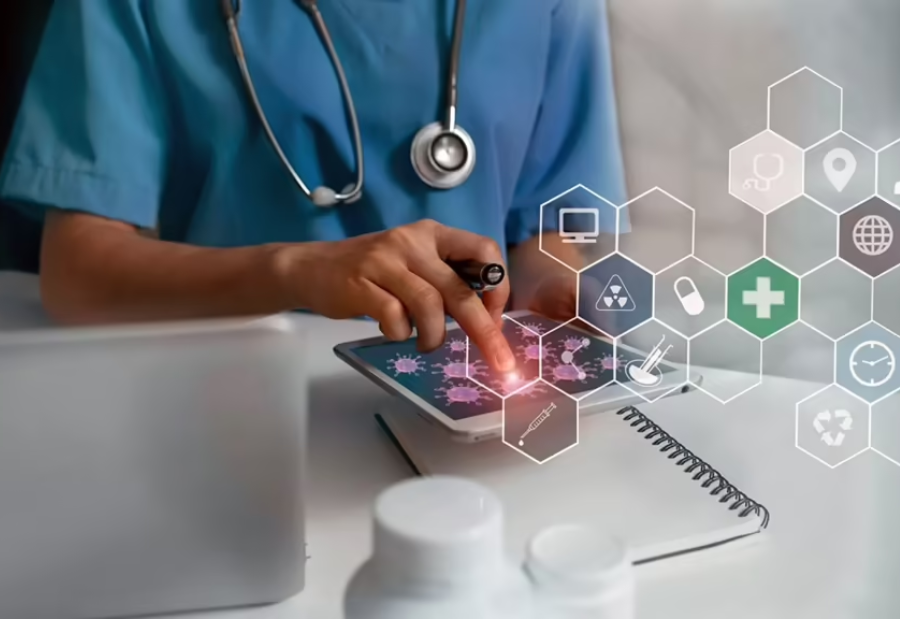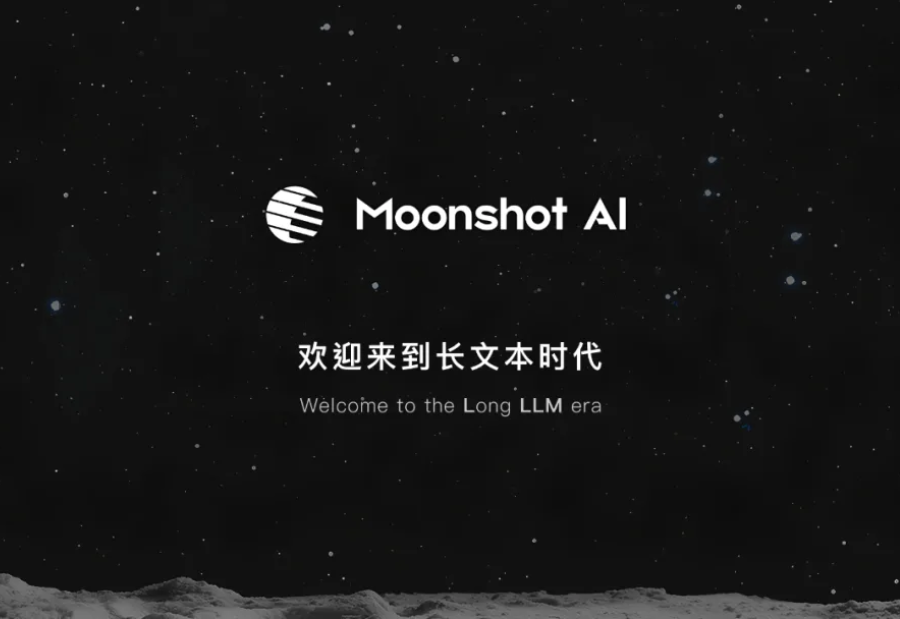The healthcare industry is undergoing a profound transformation, thanks to the rapid advancement of technology. From artificial intelligence to wearable devices, new tools are reshaping how care is delivered, how diseases are diagnosed and treated, and how patients engage with their own health. The result? Faster, smarter, and more personalized healthcare.
At The Mainstream, digital innovation—from artificial intelligence to remote monitoring—is creating a new era of smart, connected, and patient-centric healthcare. The result? Faster diagnoses, smarter treatments, and more personalized care than ever before.
Here’s a closer look at the major ways technology is revolutionizing healthcare delivery and patient care:
1. Telemedicine: Care Beyond Borders
Telemedicine has emerged as a game-changer, especially since the COVID-19 pandemic. By using video conferencing and mobile apps, healthcare providers can now consult, diagnose, and treat patients remotely.
Benefits:
-
Increased access to care, especially in rural or underserved areas
-
Reduced travel and wait times
-
Continuity of care for chronic patients
-
Lower risk of infection spread
The Mainstream notes that telemedicine is also driving healthcare equity by bridging geographical and economic barriers.
2. Artificial Intelligence (AI): Smarter Decisions, Faster Diagnosis
AI is transforming healthcare by analyzing massive volumes of data to assist with diagnosis, treatment planning, and predictive analytics.
Key Applications:
-
AI-powered diagnostics: Tools like Google’s DeepMind can detect eye diseases and cancers with high accuracy.
-
Predictive analytics: AI models can forecast patient deterioration, readmission risks, or potential outbreaks.
-
Virtual assistants: Chatbots and AI voice systems help with appointment scheduling, symptom checking, and patient education.
3. Electronic Health Records (EHRs): Centralizing Patient Information
Gone are the days of paper files and scattered patient data. EHRs allow doctors to access complete, real-time patient records at the click of a button.
Impact:
-
Improved care coordination between providers
-
Enhanced accuracy in diagnosis and treatment
-
Fewer medical errors and duplicate tests
-
Better data analytics and public health insights
4. Wearable Technology & Remote Monitoring
Wearable devices like fitness trackers, smartwatches, and continuous glucose monitors are empowering patients to track and manage their health in real-time.
Advantages:
-
Early detection of health anomalies
-
Continuous monitoring of heart rate, oxygen levels, and sleep quality
-
Greater patient engagement and accountability
-
Remote alerts for doctors in emergencies
According to insights from The Mainstream, remote patient monitoring is rapidly becoming a cornerstone of preventive and chronic care management
5. Robotics and Automation in Surgery
Surgical robots are making procedures more precise, less invasive, and quicker to recover from. Meanwhile, automation is streamlining hospital operations, from pharmacy logistics to patient check-ins.
Breakthroughs:
-
Robotic-assisted surgeries with minimal incisions
-
Automation in lab testing and diagnostics
-
AI-powered rehabilitation robots for stroke or injury recovery
6. Personalized Medicine & Genomics
Thanks to advances in genomics and big data, personalized medicine is enabling treatments tailored to a patient’s genetic makeup, lifestyle, and environment.
Benefits:
-
Targeted cancer therapies with fewer side effects
-
Pharmacogenomics to predict drug responses
-
Early disease detection and prevention strategies
7. Blockchain for Secure Health Data Exchange
Data privacy and security are critical in healthcare. Blockchain offers a decentralized, tamper-proof way to store and share sensitive health data securely.
Use Cases:
-
Securing medical records and patient identities
-
Enhancing transparency in clinical trials
-
Simplifying insurance claims and billing
8. Virtual Reality (VR) & Augmented Reality (AR)
Immersive technologies like VR and AR are now being used for medical training, pain management, and patient education.
Applications:
-
VR therapy for PTSD or anxiety disorders
-
AR for guided surgeries and real-time visualization
-
Interactive anatomy lessons for students and professionals
Final Thoughts
Technology is not just supporting healthcare—it is redefining it. With patient-centric solutions, real-time data, and intelligent systems, the future of healthcare is becoming more accessible, proactive, and personalized. However, as we adopt these technologies, it’s crucial to address challenges like data privacy, digital literacy, and ethical considerations to ensure that innovation leads to equity and improved outcomes for all.
The Mainstream believes the future of healthcare lies in harmonizing innovation with ethics—ensuring that digital transformation enhances both patient outcomes and trust.
As we move toward AI hospitals and fully remote diagnostics, one truth is clear: technology isn’t just supporting healthcare—it’s becoming its lifeblood. The challenge now is to make this transformation inclusive, equitable, and sustainable for all.
What’s next?
From AI hospitals to fully remote diagnostics, the healthcare revolution is just beginning. The question is not if technology will transform care, but how soon we can make it universally beneficial.
Also read: Viksit Workforce for a Viksit Bharat
Do Follow: The Mainstream formerly known as CIO News LinkedIn Account | The Mainstream formerly known as CIO News Facebook | The Mainstream formerly known as CIO News Youtube | The Mainstream formerly known as CIO News Twitter |The Mainstream formerly known as CIO News Whatsapp Channel | The Mainstream formerly known as CIO News Instagram
About us:
The Mainstream formerly known as CIO News is a premier platform dedicated to delivering latest news, updates, and insights from the tech industry. With its strong foundation of intellectual property and thought leadership, the platform is well-positioned to stay ahead of the curve and lead conversations about how technology shapes our world. From its early days as CIO News to its rebranding as The Mainstream on November 28, 2024, it has been expanding its global reach, targeting key markets in the Middle East & Africa, ASEAN, the USA, and the UK. The Mainstream is a vision to put technology at the center of every conversation, inspiring professionals and organizations to embrace the future of tech.




